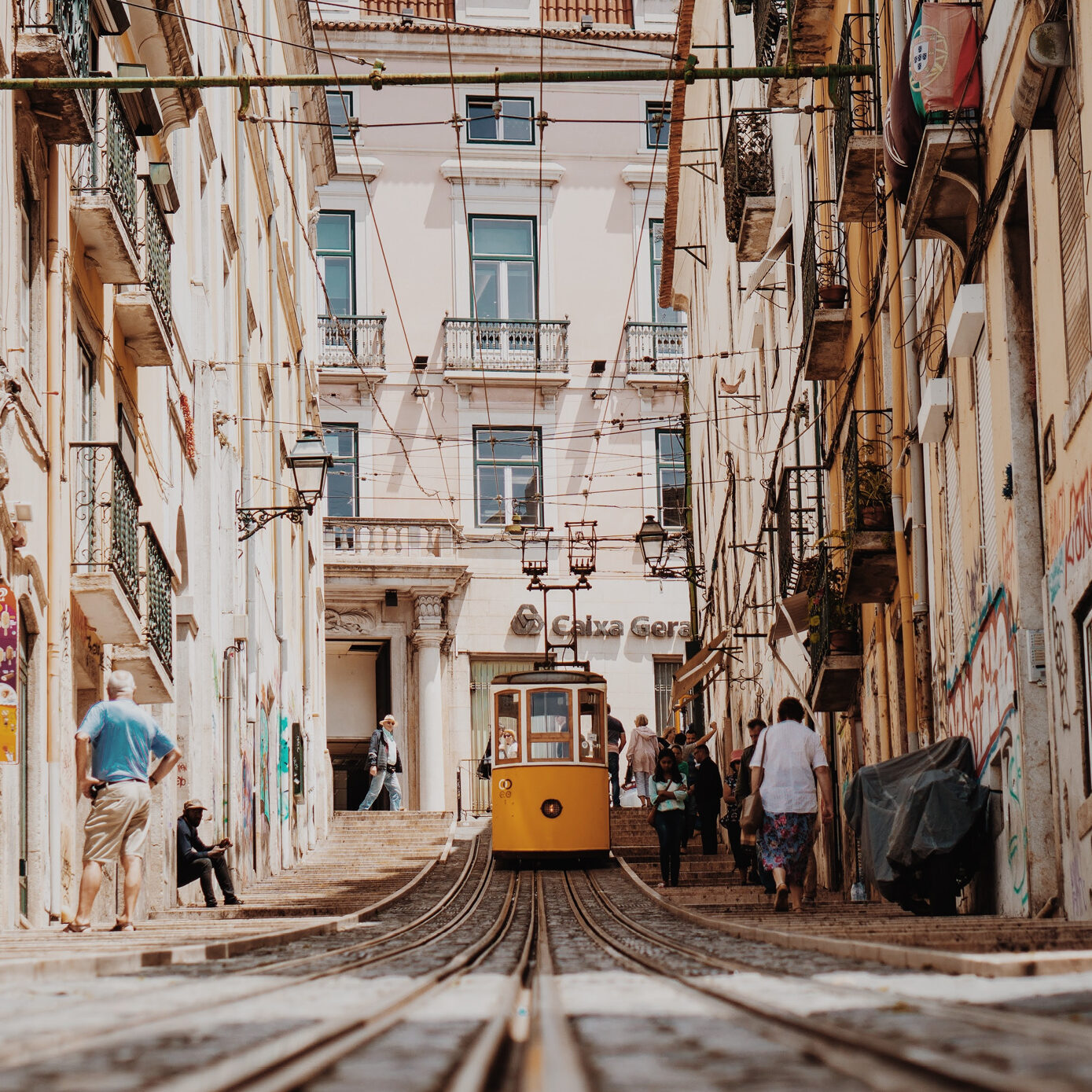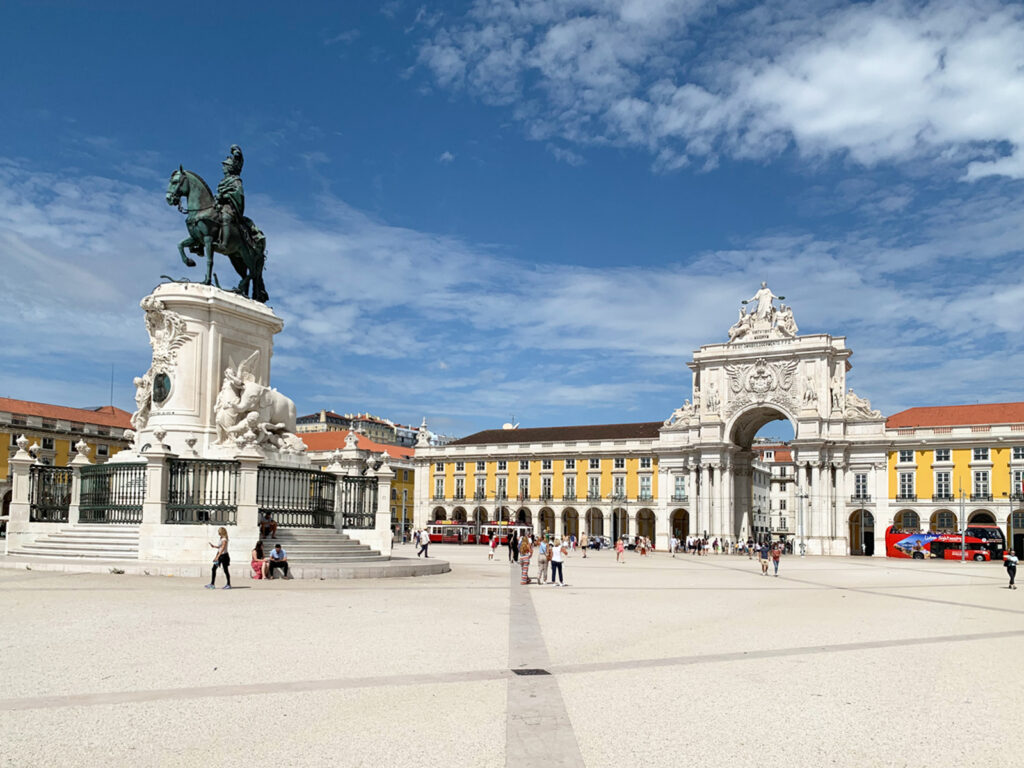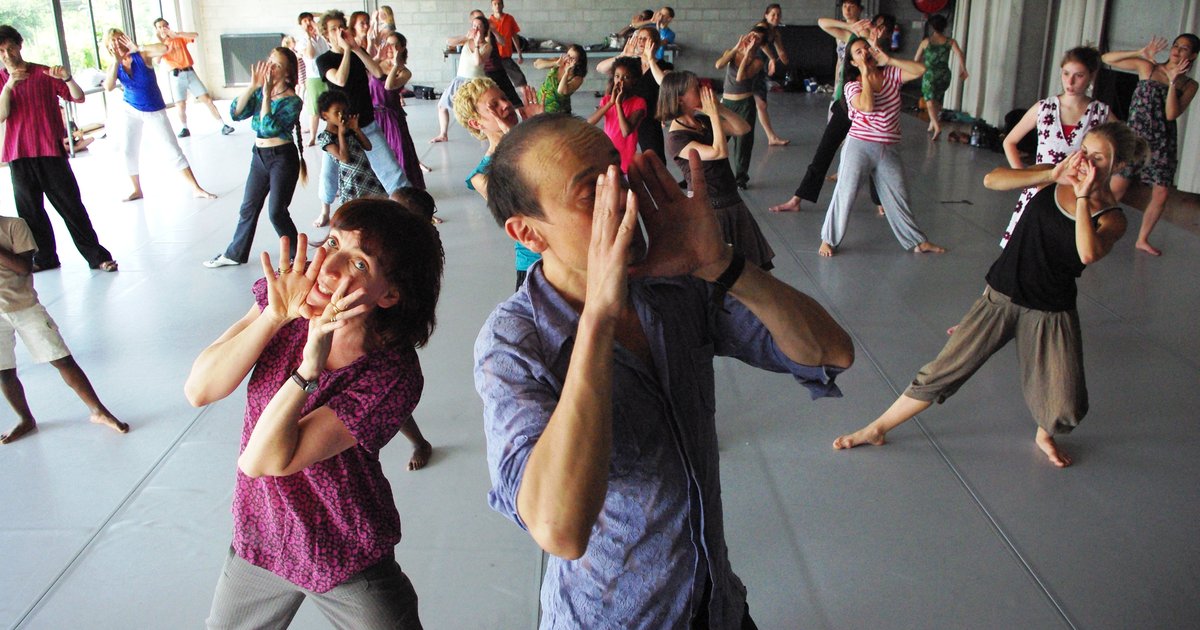
Origin of the name Lisbon
On World Cities Day, October 31, we will tell you more about the origin of the name of one of the oldest cities in Europe: Lisbon. The city has been occupied by different civilizations, namely Roman and Arab peoples, who have left their mark on the city’s history and contributed to the origin of the current name.

Was the Greek hero Ulysses who founded Lisbon, and named it Olisipo. Lisbon was founded by the Phoenicians with the name of Alis Ubbo, “safe harbor” in Phoenician, in 1200 BC.
Before, Lisbon was occupied by Greeks and Carthaginians. Attracted by the military potential, the proximity to the Atlantic Ocean and the natural riches of the region, in 195 BC. C., the Romans conquered and populated the city, denominating it Olisipo (Latin name). During this period, the city grew politically, economically, culturally, socially and artistically, due to the activity of the port, mining, fertile soils, agriculture and livestock and the pottery and fish salting industries, which earned it the status of Roman municipality, with the dominion of Felicitas Julia Olisipo, privilege
attributed by Julius Caesar, rarely attributed to non-Italian peoples.
Subsequently, the Visigoths took control of the western territory of Hispania, between the 5th and 8th centuries AD, changing the name of the city to Ulixbuna or Ulixbona.
After the Visigoths, it was the turn of the Moors. Coming from North Africa, they crossed the Strait of Gibraltar and occupied the Iberian Peninsula between 714 and 1147, changing the name of the city to Al-Usbuna.
After being dominated for five centuries by the Moors, in 1147, Lisbon was reconquered by the Christians, led by D. Afonso Henriques, who became the first king of Portugal.
The name evolved, due to the influence of the peoples who occupied the region, to Lisipona, Lisibona, Lisbona, Lixbona, Lixboa, until the current name: Lisbon.
Fun fact: Actually, the abbreviation “Lx” is used to refer to the name Lisbon, due to the Arab influence in this region.
Nota: World Cities Day is celebrated annually on October 31. This date was created in December 2013 by the UN General Association, but was commemorated for the first time in 2014, to promote the interest of the international community in global urbanization, foster cooperation between countries and cities to face the challenges of urbanization and encourage sustainable urban development. The general theme of this day is “better city, better life”, and each year a sub-theme is chosen. For 2022, the sub-theme chosen is: “Act Local to Go Global”, with the aim of highlighting the importance of local action in achieving the Sustainable Development Goals (SDGs) for 2030.

Praça do Comércio (também conhecida como Terreiro do Paço)
BaixaA Praça do Comércio ou Terreiro do Paço é a praça mais emblemática de Lisboa. A designação do Terreiro do Paço antes do terramoto de 1755 deve-se ao facto do Paço Real ocupar na altura a ala ocidental da praça que também funcionava como a grande sala de receção da cidade. Aberta a sul para o rio Tejo, e limitada por 79 arcos, é uma das maiores e mais bonitas praças da Europa, com cerca de 36 000 m². De visita obrigatória tem ainda dois pontos de interesse que vale a pena destacar, a estátua equestre de D. José I, rei português durante a época do terremoto de Lisboa e na ap...


Alice in Wonderland at Boutique da Cultura


